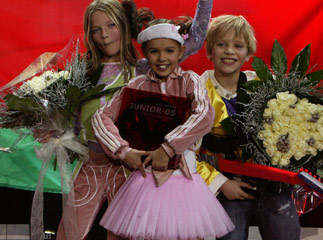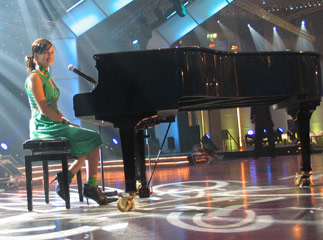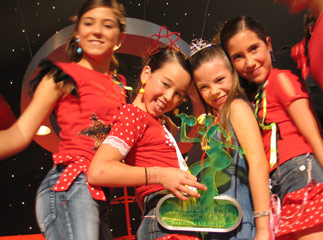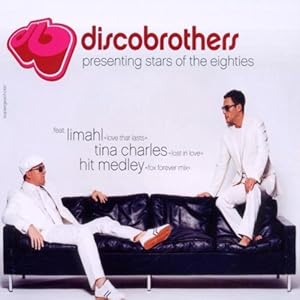Venue: Heineken Music Hall, Amsterdam, the Netherlands
Presenters: Ewout Genemans, Kim-Lian van der Mey
Host broadcaster: AVRO
Opening act: Rachel and dancers performing Euphoria
Interval act: Kim-Lian van der Mey, Ralf Mackenbach
Number of entries: 12
Debuting countries: Albania, Azerbaijan, Israel
Returning Countries: -
Withdrawing countries: Bulgaria, Latvia, Lithuania, F.Y.R. Macedonia
Voting system: Citizens of each participating country vote by telephone and SMS message, which counts for 50%. Each country's 10 favourites are awarded 1 to 8, 10 and 12 points based on the number of votes. Results 1-5 are automatically displayed on-screen, then each country announces 6-8, 10 and 12 points. A jury in each country also has a 50% say in the outcome.
Winner: Nebo - Anastasiya Petryk, Ukraine
Anastasiya Petryk
Entries
01. Belarus: Egor Zheshko - A more-more (9th place, 56 points)
02. Sweden: Lova Sönnerbo - Mitt mod (6th place, 70 points)
03. Azerbaijan: Omar Sultanov & Suada Alekberova - Girls and Boys (Dünya Sənindir) (11th place, 49 points)
04. Belgium: Fabian Feyaerts - Abracadabra (5th place, 72 points)
05. Russia: Lerika - Sensatsiya (4th place, 88 points
06. Israel: Kids.il - Let the music win (8th place, 68 points)
07. Albania - Igzidora Gjeta - Kam një këngë vetëm për ju (12th place, 35 points)
08. Armenia: Compass Band - Sweety baby (3rd place, 98 points)
09. Ukraine: Anastasiya Petryk - Nebo (1st place, 138 points)
10. Georgia: Funkids - Funky lemonade (2nd place, 103 points)
11. Moldova: Denis Midone - Toate vor fi (10th place, 52 points)
12. The Netherlands: Femke Meines - Tik Tak Tik (7th place, 69 points)
Fabian
Format
The Junior Eurovision Song Contest 2012 was the tenth edition of the contest, and took place at the Heineken Music Hall in Amsterdam, Netherlands on December 1 2012. Dutch broadcaster AVRO was the the host broadcaster for the event. For the second time the Netherlands hosted the contest, after hosting the contest in 2007 in Rotterdam. The motto for the contest was Break The Ice.
The show was hosted by Ewout Genemans and Kim-Lian van der Meij and was opened with the song Euphoria, sung by Rachel. During the interval-actKim-Lian van der Meij sang the song Break The Ice, which was specially written for this contest. The 2009 winner Ralf Mackenbach performed also he sang his new hit. Twelve countries took part in the contest, making it the smallest number of countries participating in the Junior Eurovision Song Contest history, and equalling the number of countries participated in the 1970 Eurovision Song Contest held at RAI Congrescentrum. Israel, Albania and Azerbaijan made their debuts at the Junior Contest. Whilst nine countries from the previous edition continued their participation in the contest, four countries have withdrew: Lithuania, Bulgaria, Latvia and Macedonia. The contest was won by Anastasiya Petryk for Ukraine with the song Nebo. This is Ukraine's first Junior Eurovision victory and second Eurovision victory since Ruslana won in the 2004 Eurovision Song Contest in Istanbul.
Femke
Venue
On 27 February 2012 it was announced that the Heineken Music Hall would be the venue for the tenth edition of the contest. The big hall is used for concerts, has a capacity of 5500 and is 3000 m². After parties are given in a smaller hall, with a capacity of 700. The Heineken Music Hall was specially designed for music shows,several artists like Madonna and Kylie Minogue made shows at the venue. Furthermore it is often used by the Dutch Entertainment Company Q-dance for the Event-Series X-Qlusive taking place several times a year. The architect was Frits van Dongen. The motto for the contest was announced on 6 September 2012 as Break The Ice. Tickets for the contest went on sale from 10 September 2012.
Returning artist
Lerika who participated for Moldova in 2011 finishing in 6th place with the song No, No, representedt Russia with the song Sensatsiya.

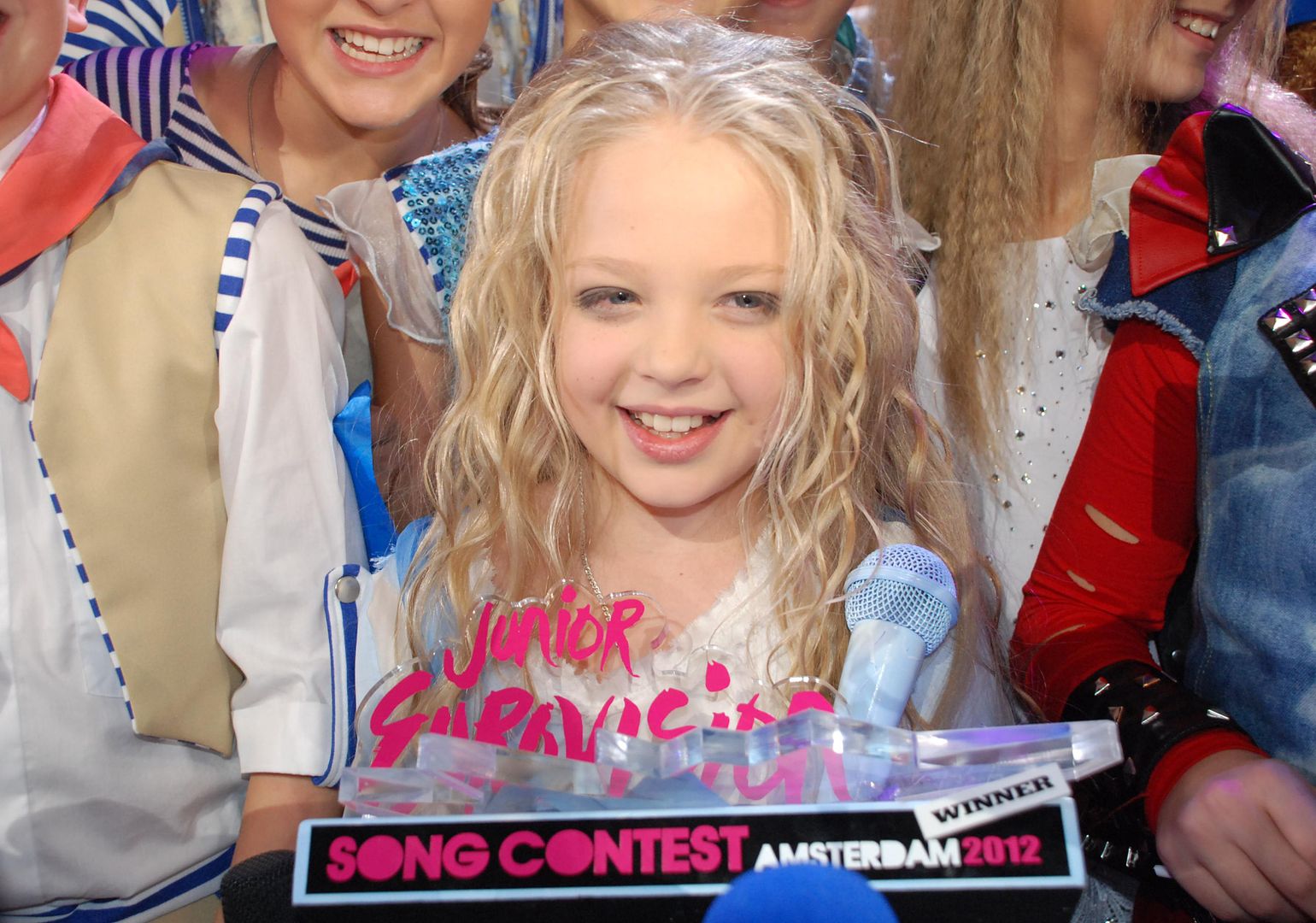

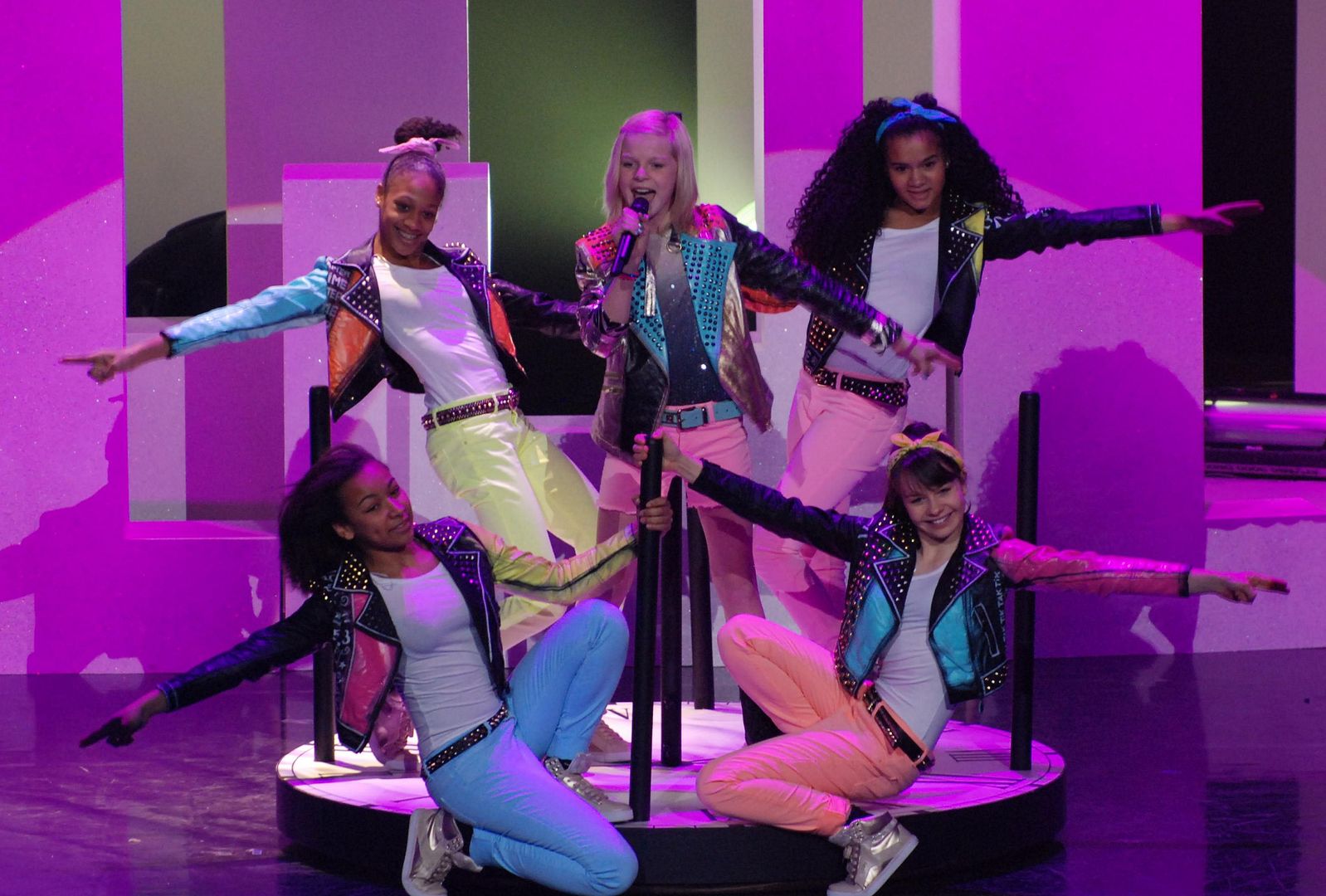

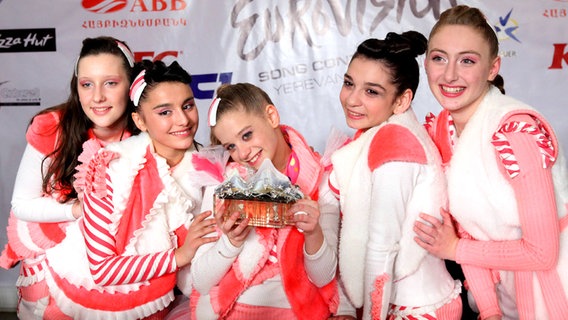








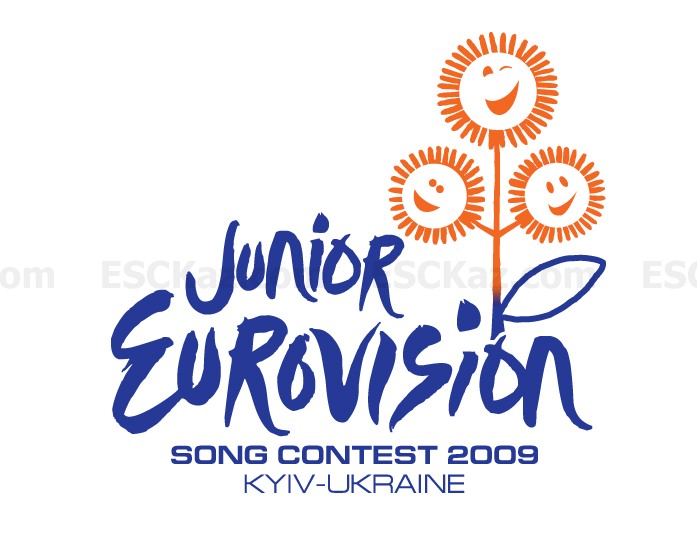






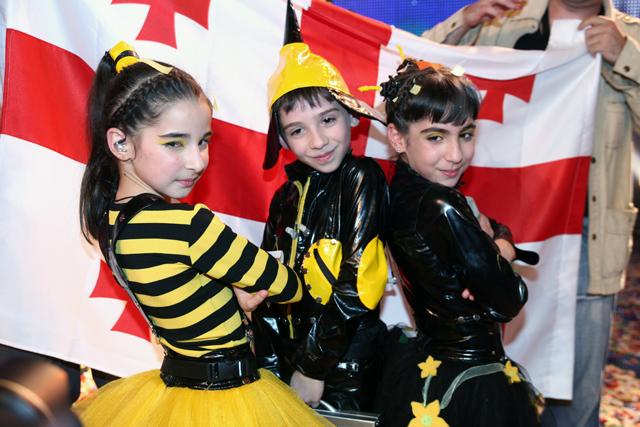
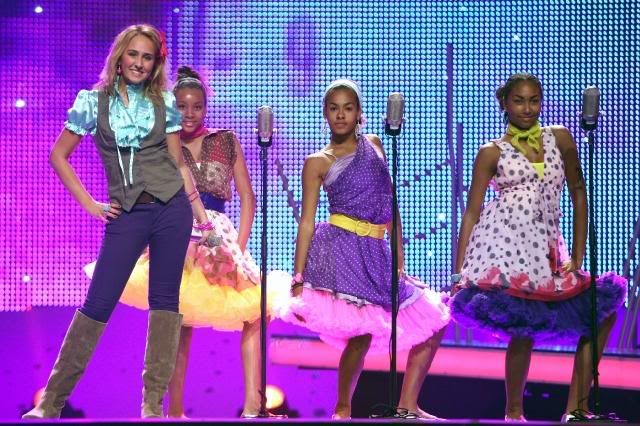

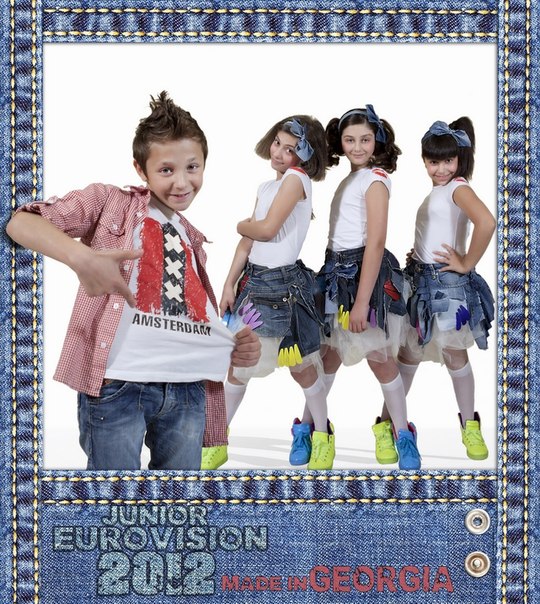


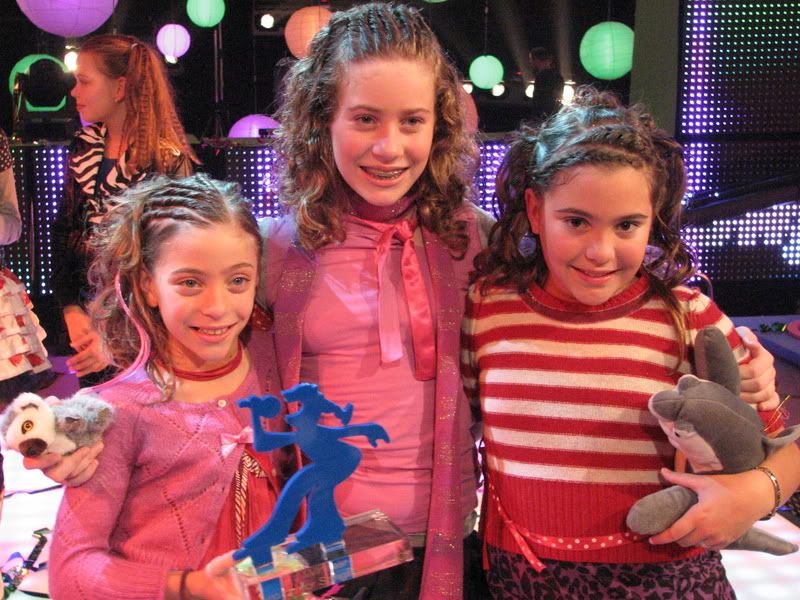
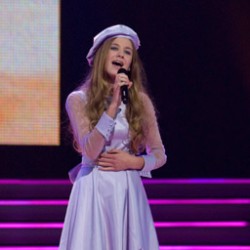







%20a%20bravnicar%201.jpg)


